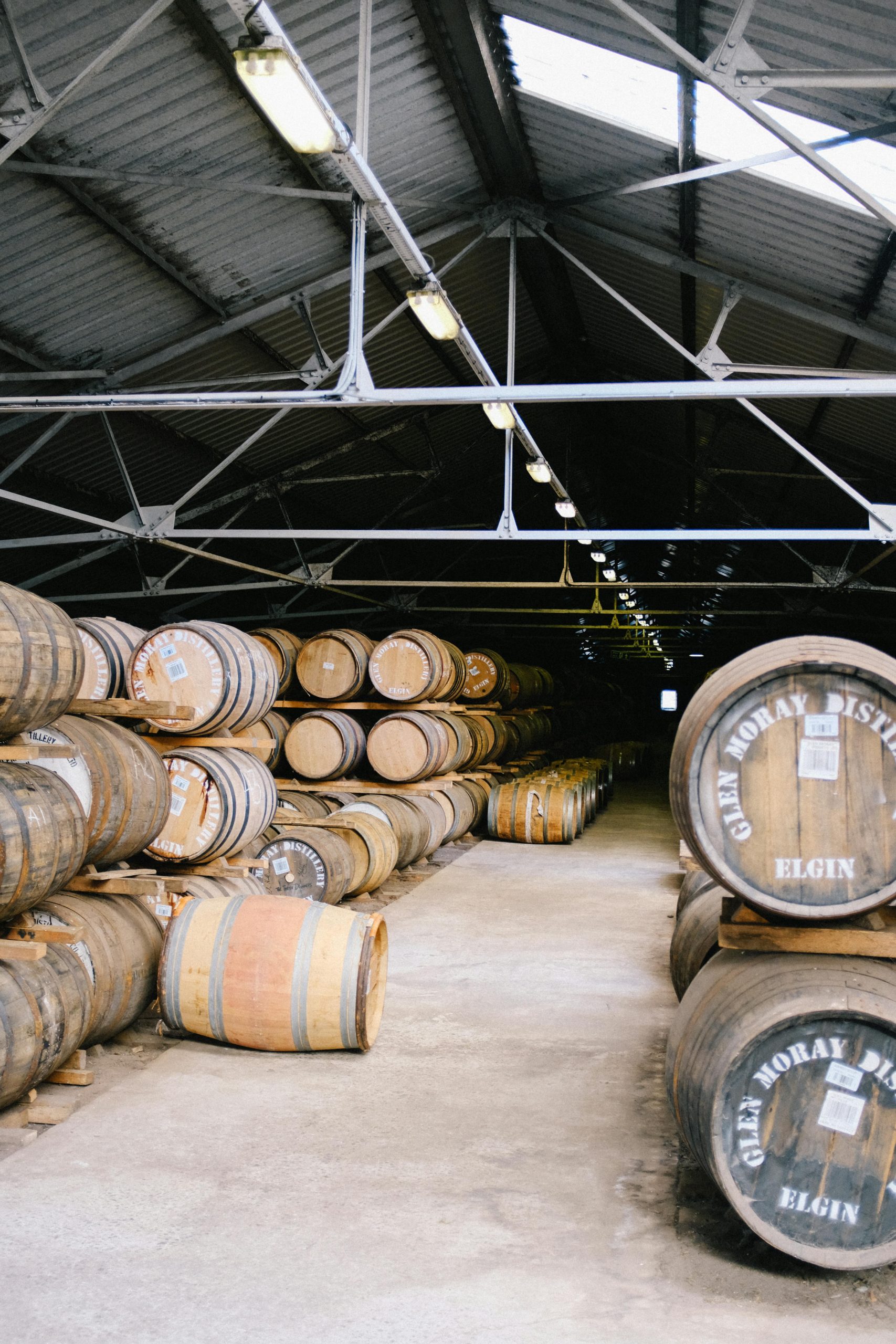Your cart is currently empty!

Steven Coulson
Steven has been drinking beers, wines and spirits for decades and has a propensity to go about them at length after a few drinks.
Latest Posts
- Oregon Road Trip: Freeland Spirits Garden Botanicals Gin

- Botanist with Trader Joe’s Lemon and Elderflower Soda

- I’m one of the worlds leading buyers of craft gin in the world and a international spirit judge AMA

- I’m blown away…. By how let down I am by this Gin.

- The Botanist 22 Gin Review: Perhaps the most overhyped gin around

Categories
Archive
Tags
Social Links

The Illusion of Limited Releases in Craft Beer
When it comes to craft beer, the term “limited release” has become a familiar phrase, often accompanied by a sense of excitement for consumers. However, there seems to be a growing pattern that raises questions about the authenticity of these claims.
Recently, during a visit to my local bottle shop, I couldn’t help but notice a particular “extremely limited” barrel-aged stout that had been languishing on the shelves since October. Despite its label proudly proclaiming that only a mere 500 cases were produced, it appears that interest has faded. The $25 price point for a beverage that tastes strikingly similar to other bourbon barrel stouts has deterred many from making a purchase.
In the past, brews like KBS (Kentucky Breakfast Stout) and BCBS (Bourbon County Brand Stout) would create a frenzy among fans. Enthusiasts would even camp out for a chance to get their hands on these coveted offerings. Nowadays, however, seeking out vintage 2020 BCBS feels as easy as picking up a six-pack of High Life. It’s becoming increasingly common to see these so-called “limited” beers sitting on store shelves, often well past their recommended consumption dates.
This trend invites a critical examination of the practice of promoting artificial scarcity in the craft beer industry. As breweries continue to produce numerous limited editions, it begs the question: if everything is special, is anything truly exclusive?
As a consumer, I find myself frustrated by the notion of paying premium prices for products that are anything but rare. Instead of relying on clever marketing tactics, it would be refreshing to see these breweries either maintain genuine scarcity in their offerings or drop the pretense that their barrel-aged concoctions are hidden gems waiting to be discovered.
In conclusion, it’s essential for both breweries and consumers to be more transparent in their marketing strategies. Authenticity should override gimmicks, ensuring that the allure of craft beer remains intact and that enthusiasts can enjoy truly unique brews. Let’s hope for a return to a time when “limited releases” truly meant limited, adding real value to the experience of enjoying craft beer.
